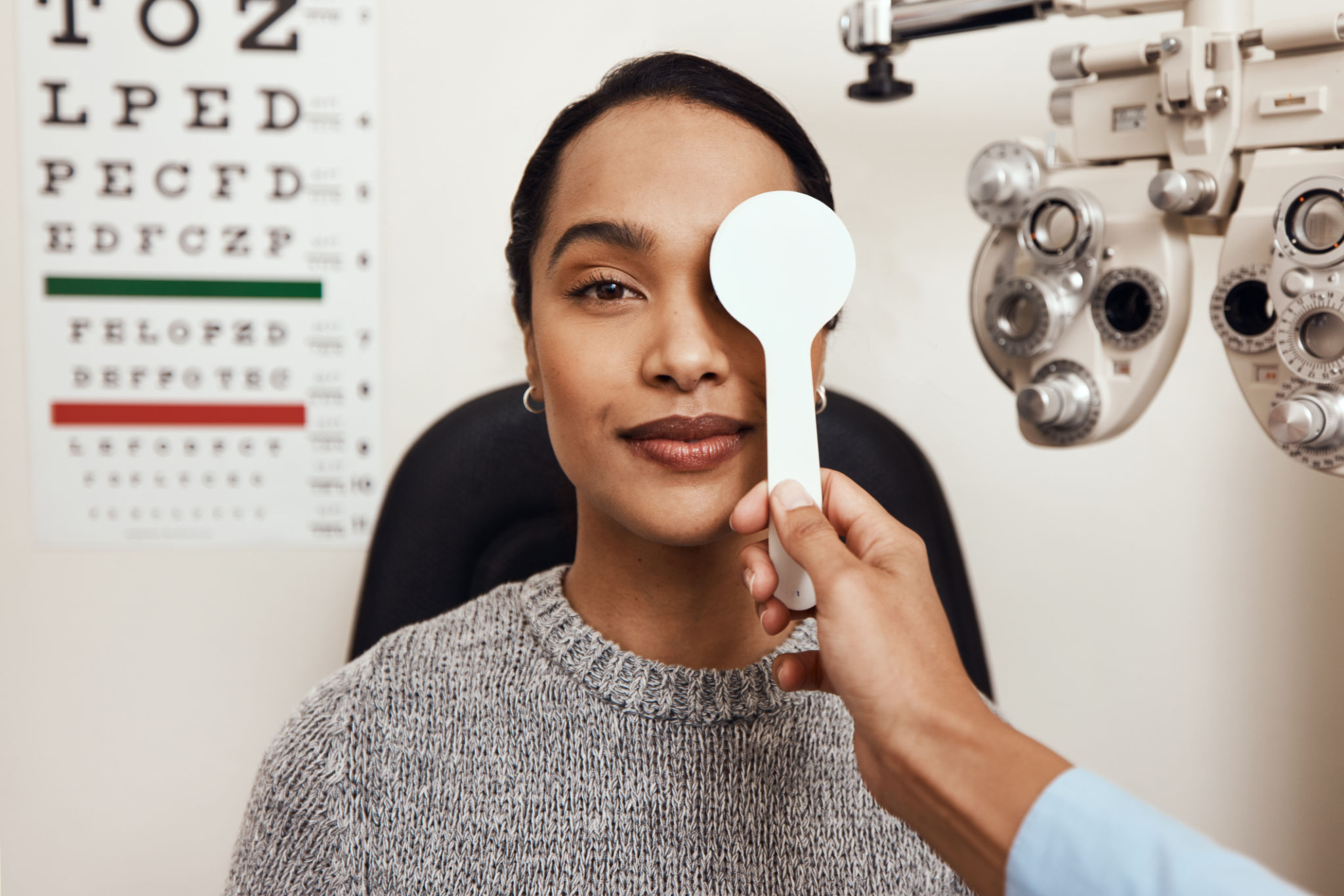Expert Insights: Choosing the Right Vision Correction Options for Your Needs
Understanding Your Vision Correction Options
When it comes to vision correction, the choices can be overwhelming. From traditional glasses to advanced laser surgeries, selecting the right option for your needs involves understanding the features, benefits, and potential drawbacks of each. It's essential to consider your lifestyle, budget, and personal preferences when making this decision.

Glasses: A Classic Choice
Glasses are the most common and accessible form of vision correction. They are versatile, easy to update, and available in a wide range of styles to suit any face shape or fashion preference. Additionally, glasses provide the added benefit of protecting your eyes from dust and debris.
For those who frequently use digital devices, blue-light-blocking lenses can offer relief from eye strain. However, some might find glasses inconvenient during physical activities or dislike the way they alter their appearance.
Contact Lenses: A Convenient Alternative
Contact lenses provide a more natural field of vision without the frames that glasses require. They are ideal for those who lead active lifestyles or simply prefer not to wear glasses. Contacts come in various types, including daily disposables and extended wear, catering to different needs and preferences.

However, contact lenses require careful handling and hygiene practices to avoid infections. It's crucial to follow your eye care professional's instructions on proper use and maintenance.
Laser Eye Surgery: Permanent Correction
For those seeking a more permanent solution, laser eye surgery such as LASIK might be an attractive option. This procedure reshapes the cornea to correct refractive errors, often eliminating the need for glasses or contacts altogether. The recovery time is relatively quick, and many patients report significant improvements in vision almost immediately.
Despite its benefits, laser eye surgery is not suitable for everyone. It involves a higher upfront cost and carries potential risks, including dry eyes and night vision problems. A thorough consultation with an ophthalmologist is essential to determine if you are a good candidate.

Implantable Lenses: An Alternative to LASIK
If laser surgery isn't an option for you, implantable lenses may be worth considering. These lenses are surgically placed inside the eye, offering a reversible solution for vision correction. They are particularly beneficial for individuals with high refractive errors that cannot be corrected with LASIK alone.
This procedure can be more costly than other options and involves a longer recovery period. However, it offers an alternative for those who are not suitable candidates for laser surgery or prefer a reversible option.
Consulting with an Eye Care Professional
Ultimately, the best way to choose the right vision correction option is by consulting with an experienced eye care professional. They can provide expert advice based on your unique vision needs and lifestyle. Consider scheduling comprehensive eye exams regularly to keep track of any changes in your vision and discuss potential corrective measures.

Remember, what works best for someone else may not be ideal for you. Take the time to explore all available options and make an informed decision that prioritizes your eye health and overall well-being.